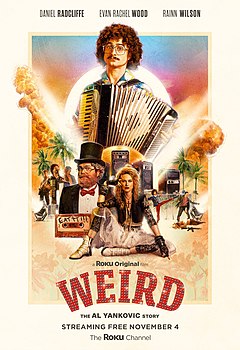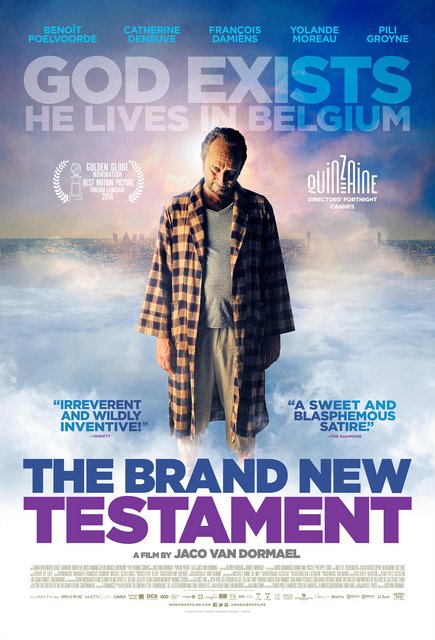 A BAD SON (1980)
A BAD SON (1980)
(Un mauvais fils)
Directed by : Claude Sautet
To get the most dramatic satisfaction from
A Bad Son (
Un mauvais fils) it kind of helps to dwell on the intensity tragic French film star Patrick Dewaere gives the lead role - that of Bruno Calgagni. Bruno is just arriving back in France when we meet him - an ignoble return as he's just been released from a 5 year stint in a U.S. prison for drug dealing. While he was away, his mother has passed, and as such he only has a father to return to. A father, René (Yves Robert), who doesn't even know he's about to knock on his door. Bruno is an agreeable sort of guy, but it's his tendency to fraternize with addicts and prostitutes that creates much conflict between his father and him. During his time reestablishing himself, Bruno meets fellow addict Catherine (Brigitte Fossey) and shuffles in and out of jobs, all while his volatile relationship with his father has it's explosive ups and downs. In the end, Bruno might prove to be the best of them all though.
I was gutted to read about Patrick Dewaere. By 1982 (only 2 years after
A Bad Son came out), after spending most of his life acting and being nominated for 6 César Awards for Best Actor over a 7 year period, the troubled thespian aimed a rifle at himself and took his own life. His wife, Elsa Chalier had left him for his best friend - and Dewaere had struggled with depression all through his life. Watching him in this film (for which one of his César Award nominations had been for) was a real revelation and I thought he had something special.
A Bad Son is full of great performances though, from Yves Robert to Brigitte Fossey to Jacques Dufilho who, as gay bookshop proprietor Adrien Dussart actually won a Best Supporting Actor César Award himself. This is a very mature film with very varied characters whose relationships are in a constant state of flux - and another who is introduced early, Madeleine (Claire Maurier - also nominated for a César) also plays a very important role in how all of this evolves.
Hanging over Bruno Calgagni throughout this film is the death of his mother, who took to drugs herself when her son left, and was soon consumed when his troubles became more and more dire. Despite his happy-go-lucky personality, you can see it weigh on him - and further revelations will add fuel to some emotionally raging fire within.
A Bad Son doesn't turn into a full-blown drug relapse/recovery film like I was afraid it would at one stage - instead revolving around relationships and really allowing the narrative to dedicate itself to the way these characters relate to each other. Bruno and Catherine weather familiar dangers, while Dussart becomes the strong father-figure René finds himself unable to be. Bruno himself is an interesting mix of easy-going, dependable and intelligent, but is something of a rolling stone. The mix we get has an interesting taste and Claude Sautet drives it to his own rhythms - not depending on huge melodramatic fireworks, but instead digging deep into a contemplation about a father/son dynamic skewed by generational distance and a loss of connection. Great stuff for good actors to sink their teeth into, and interesting to watch.
Glad to catch this one - nominated for 6 César Awards at the 1981 Awards Ceremony.

Watching
Weird : The Al Yankovic Story helped bring my watchlist number down another notch, although I'm only just starting to grasp how hard it'll be getting some distance from that 450 figure!
 Watchlist Count : 447
Watchlist Count : 447 (-3)
Next :
The Round-Up (1966) - 2nd attempt
Thank you very much to whomever inspired me to watch
Un mauvais fils.






















